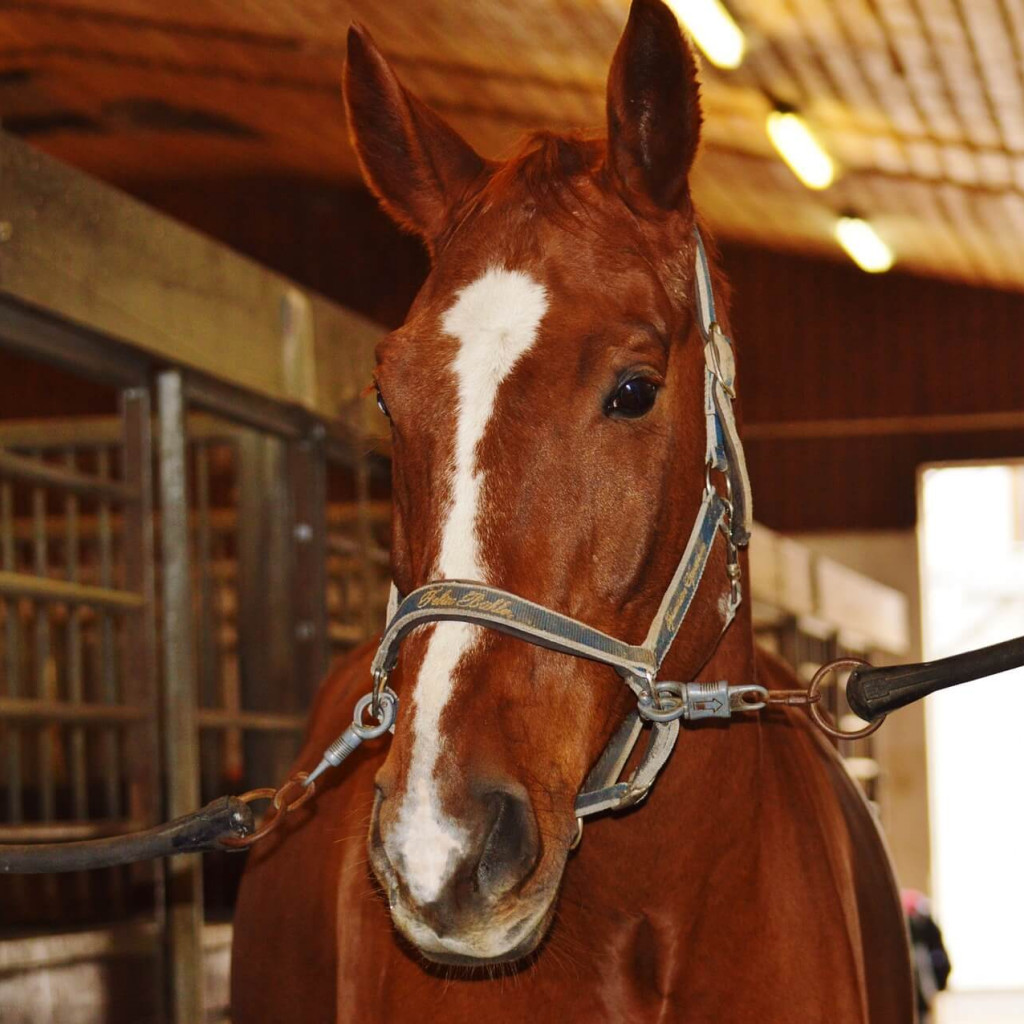Has the Consumer Rights Act 2015 (CRA), which replaced the Sale of Goods Act 1979 (SGA) in October 2015, put buyers in a better position to reject a horse after purchase?
What is a 'consumer'?
A consumer is a private buyer who buys from a trader.
- A “trader” is someone acting for purposes relating to their trade, business, craft, or profession, not limited just to traditional horse dealers.
- A “consumer” is someone acting for purposes that are wholly or mainly outside their trade, business, craft, or profession eg most amateur riders and parents buying for their children.
- An auction buyer is not a consumer.
If the buyer claims to be a consumer and the seller denies it, it is for the seller to prove that the buyer is not a consumer.
What grounds do you have to reject a horse?
The buyer can reject the horse and/or claim damages if it is not:
- of satisfactory quality.
- fit for the purpose made known by the buyer to the seller before purchase.
- as described by the seller.
What is "satisfactory quality"?
“Satisfactory quality” means that the horse meets the standard that a reasonable person would consider satisfactory taking into account of:
- any description of it
- the price and
- all other relevant circumstances.
But no defect will render the horse of unsatisfactory quality if:
- it was specifically drawn to the buyer’s attention before purchase.
- the buyer examined the horse before purchase and that examination ought to have revealed the defect, this includes pre-purchase vetting since the vet will be acting as the agent of the buyer.
What is "fit for purpose"?
“Fit for purpose” means reasonably fit for any particular purpose made known by the buyer to the seller whether expressly or by conduct. But this does not apply if the circumstances indicate that the buyer did not rely, or it was unreasonable for the buyer to rely, on the skill or judgment of the seller. In the case of horses, the main difficulty is defining the “purpose”. If you go along to buy a riding pony for your child for show jumping, is your purpose:
- Child’s pony.
- Child’s show jumping pony.
- Child’s successful show jumping pony which will suit my child down to the ground and win lots of rosettes.
The seller has a defence if the buyer did not rely on their expertise – e.g. if the buyer took a trainer along when they tried the horse or, in the case of lameness, relied on the vetting, not the seller.
What is "as described"?
“As described” is on the face of it self-explanatory but there can be an argument about whether a horse was sold “by description”. If the buyer buys what is standing in front of them rather than what was described in the advert, there can be disagreement about whether the warranty of compliance with the description applies.
What is burden of proof?
This is crucial in most horse claims because generally, the seller will say there was nothing wrong with the horse at the time of sale. The burden of proof of unsatisfactory quality, unfitness for purpose, or non-compliance with description is on the seller in respect of defects established within the first 6 months and thereafter on the buyer – this is the same as under the old law.
What is the 30-day right to reject?
Within 30 days of purchase, the buyer can reject the horse and demand a refund if it is not of satisfactory quality, not fit for purpose, or not as described.
After exercising this short-term right to reject, the buyer must accept repair or replacement unless repair or replacement is impossible which the buyer can usually claim to be the case with a horse. It may however actually suit the buyer to accept a replacement if the seller has a large stock of suitable horses.
If it is a training issue it may suit the buyer to let the seller have the horse back for a short period to try to “straighten it out”. If the horse is lame and it looks like a short-term problem, the buyer may wish to play safe by exercising this short-term right to reject, waiting to see whether the horse comes sound and, if it does, taking it back again. The 30-day period stops running while the seller is trying to resolve the problem and starts again afterward.
What is the right to a partial refund and partial rejection?
The buyer has another new right under the CRA which is to keep the goods and accept a refund of just part of the price to reflect the defects. The amount of the refund would be whatever is “appropriate” and it must be paid to the buyer without undue delay and in any event within 14 days.
The buyer can also reject just part of the goods – not much use to a horse buyer unless the horse is in foal! This may occasionally be useful, e.g. the horse is sold with a saddle which turns out to have a broken tree.
Does the Consumer Rights Act make any difference to the buyer?
Not really. The new 30-day right to reject still depends on the buyer being able to establish that the horse is not of satisfactory quality, not fit for purpose, or not as described so the buyer’s position in that respect is not improved. The new 30-day right to reject does not reverse the burden of proof and the buyer has to prove the defects existed at the time of sale.
The much more useful right to reject based on defects established within 6 months – forcing the seller to prove the horse was sound/sane etc. at the time of sale – is unchanged.
Even after 6 months from the date of purchase, the buyer still has a common law right to reject the horse and claim damages or to rescind the contract for misrepresentation and/or claim damages. These rights last for up to 6 years and again are unaffected by the CRA and offer alternative remedies to the buyer, just as before.
The aggrieved horse buyer is unlikely to want to allow the seller to resolve the problem so the new rights in that respect are of little interest.
Probably the most useful aspect of the 30-day rejection right is that a horse can be rejected for minor defects or non-compliance with the description e.g. it is a year older or an inch taller than in the advert or it has a very mild sweet itch. Outside the 30 days, such minor defects would only lead to damages, not a right to a refund.
Tips for buyers
- It remains as important as ever for the buyer to act quickly if the horse proves to be a disappointment for a reason that is the fault of the seller.
- If the horse has behavioural problems or the buyer suspects lameness, it is important to obtain good evidence of all defects well within 6 months of the date of purchase in order to throw the burden of proof of soundness, etc as at the date of sale onto the seller.
- The seller should be notified of the problem as soon as possible and if the buyer wishes to reject the horse that should be done clearly and unequivocally in writing (for evidential purposes) as soon as possible.
Find out more
For advice please email our experienced equine law solicitors.






